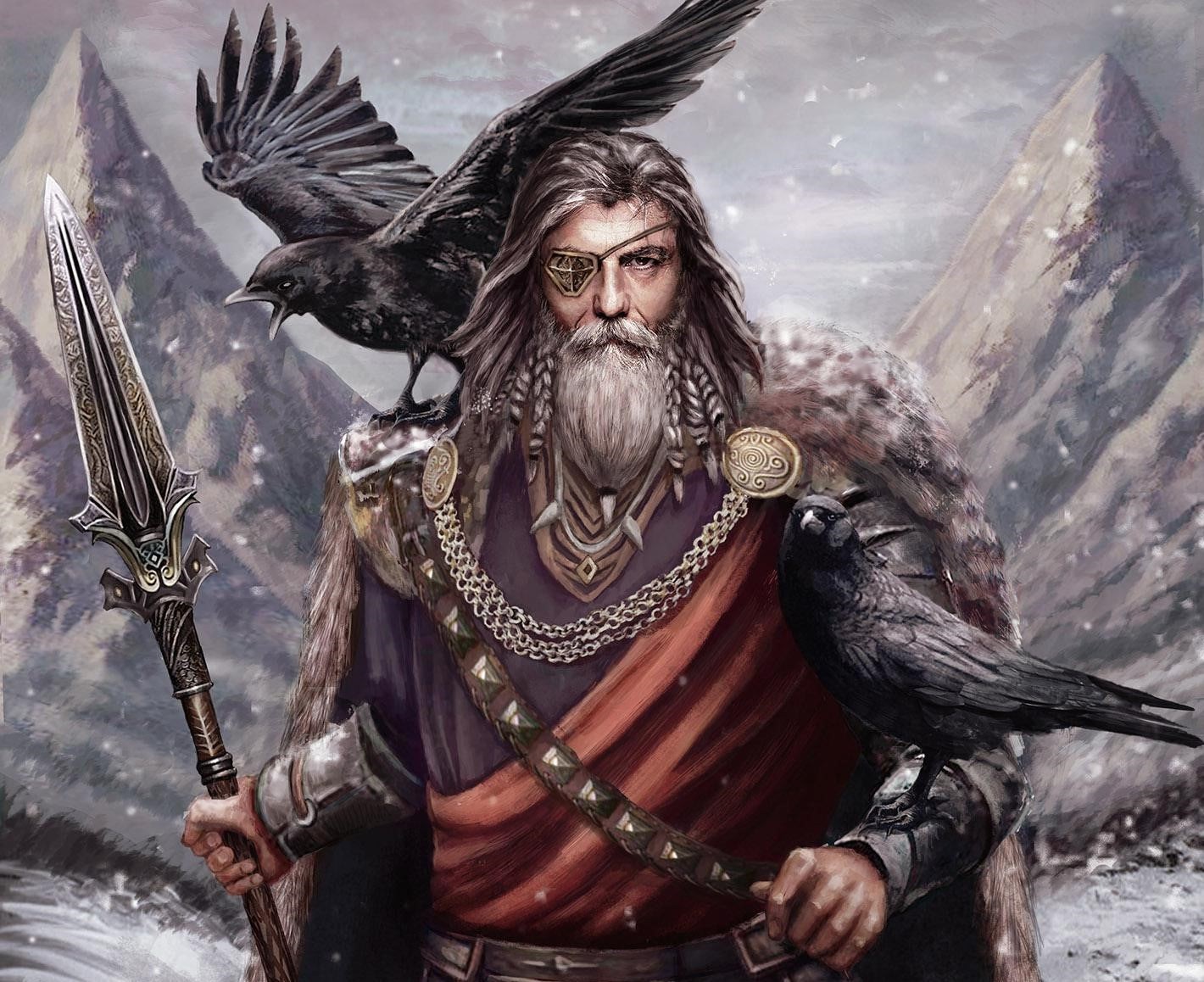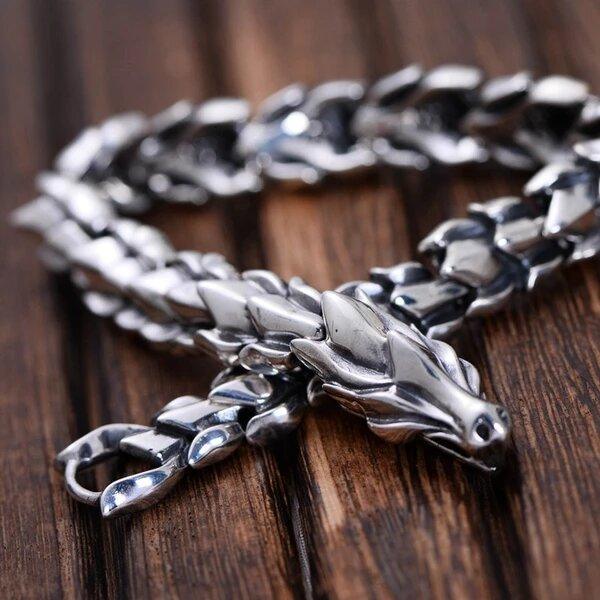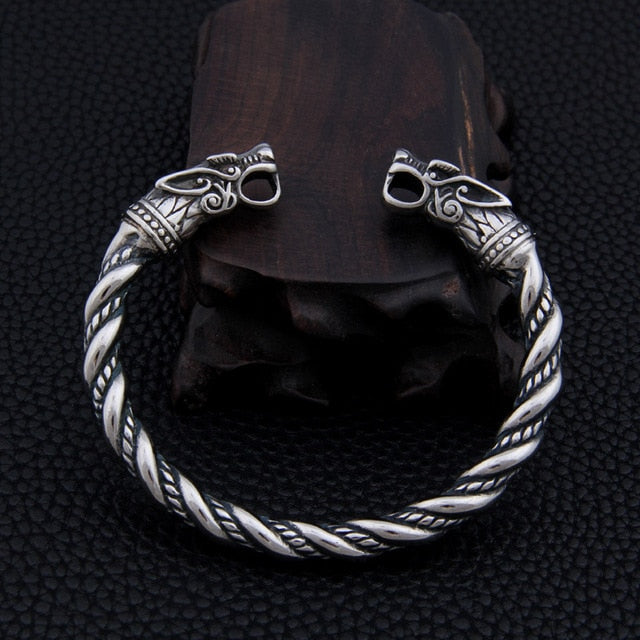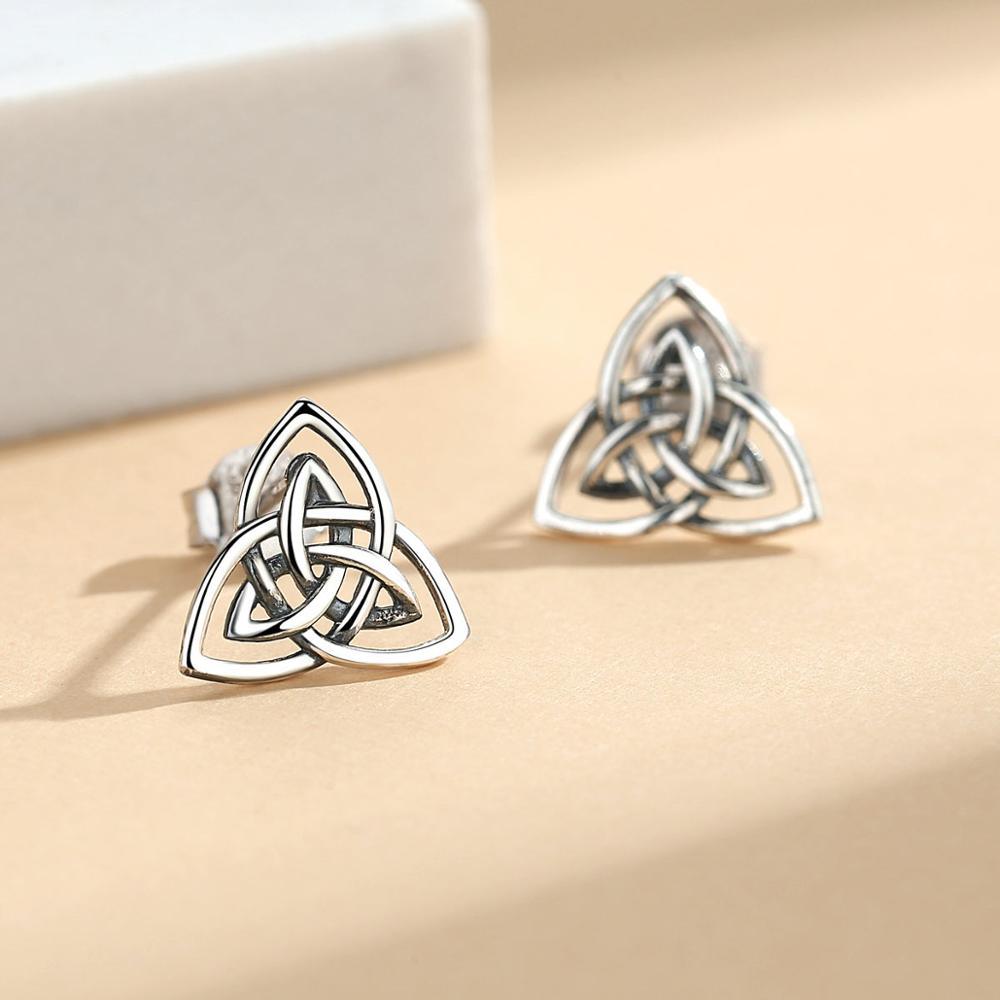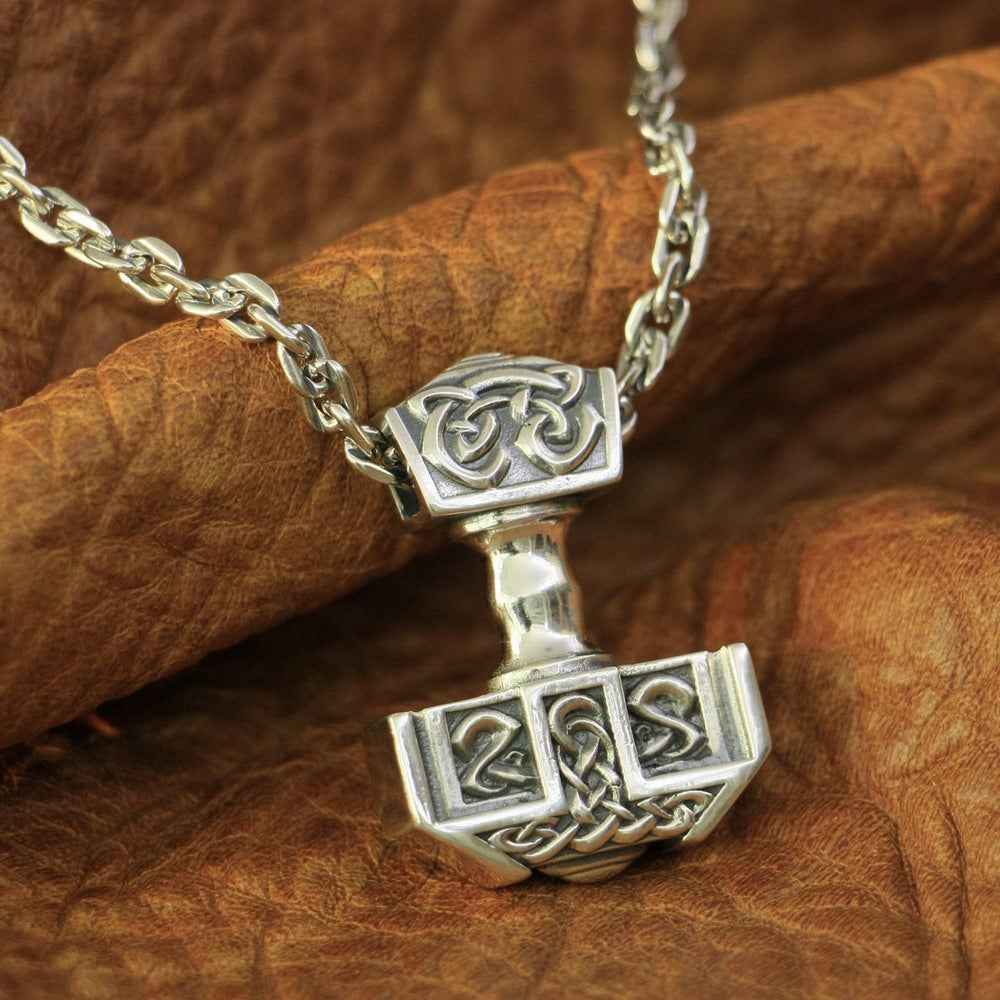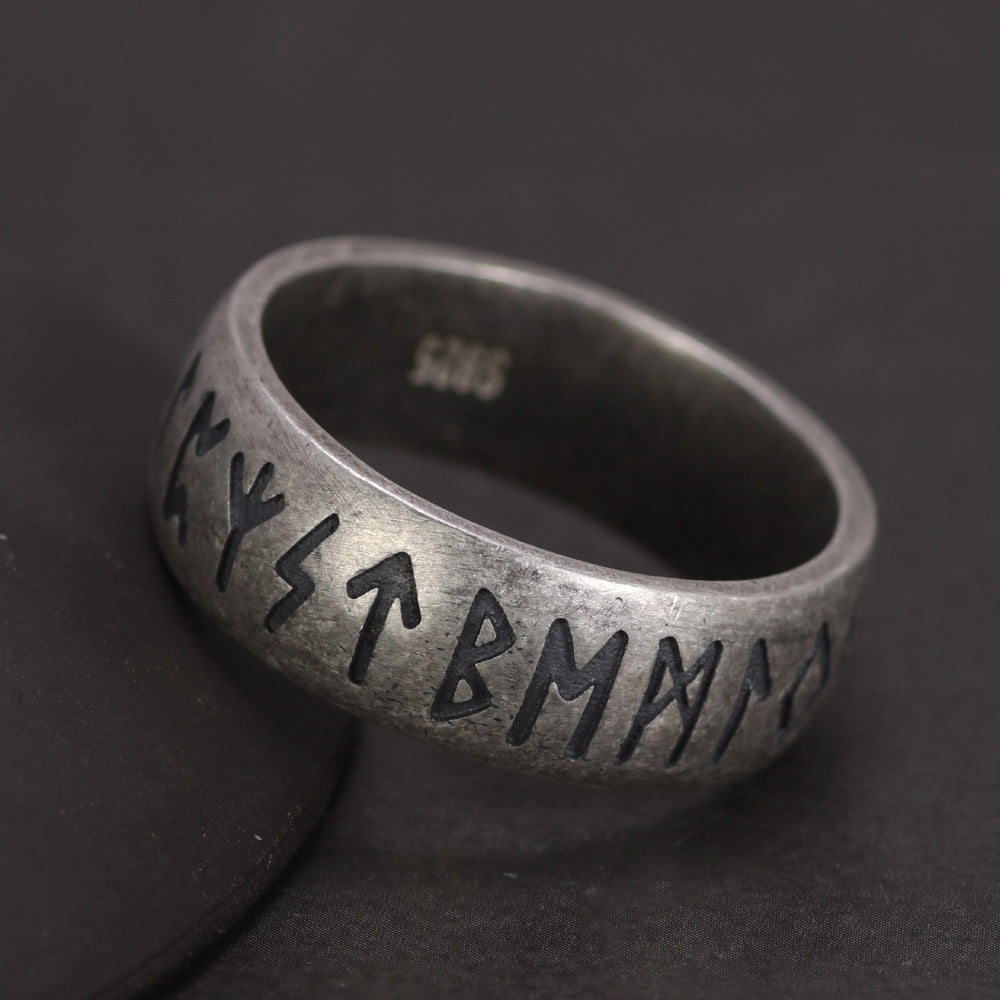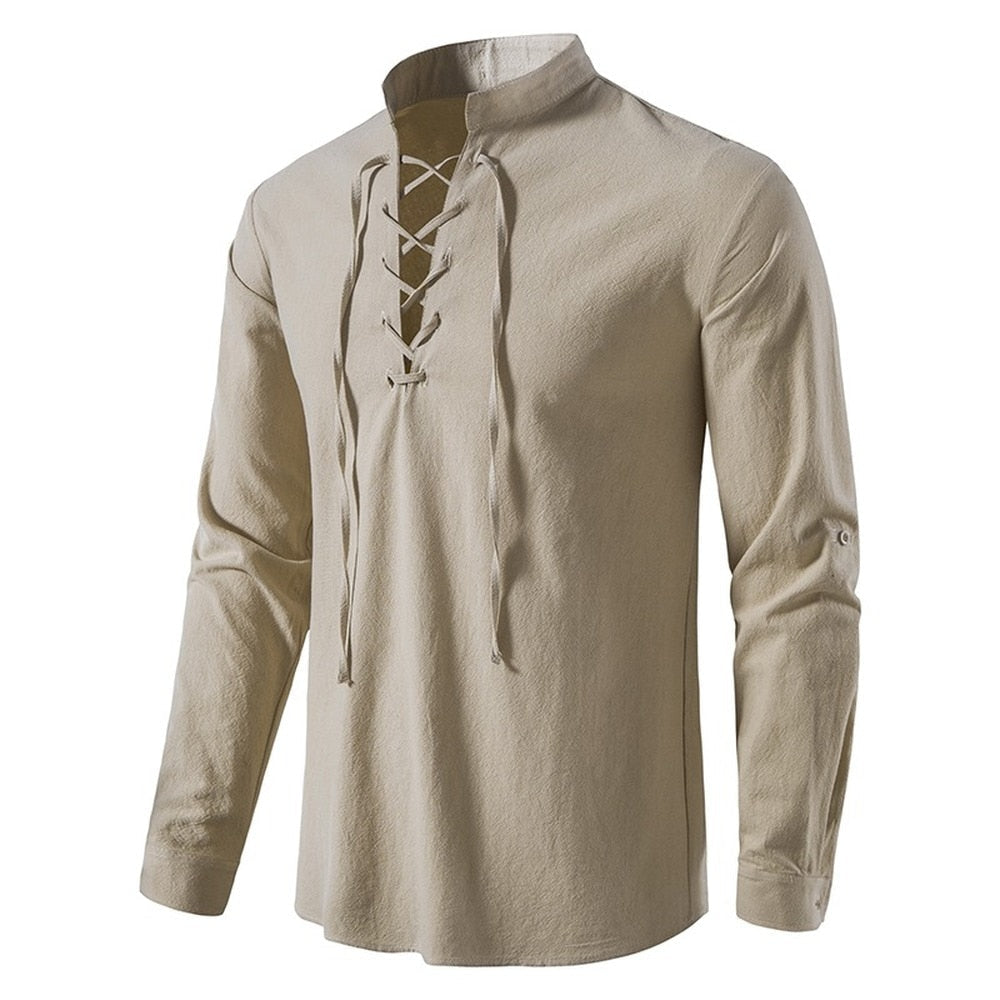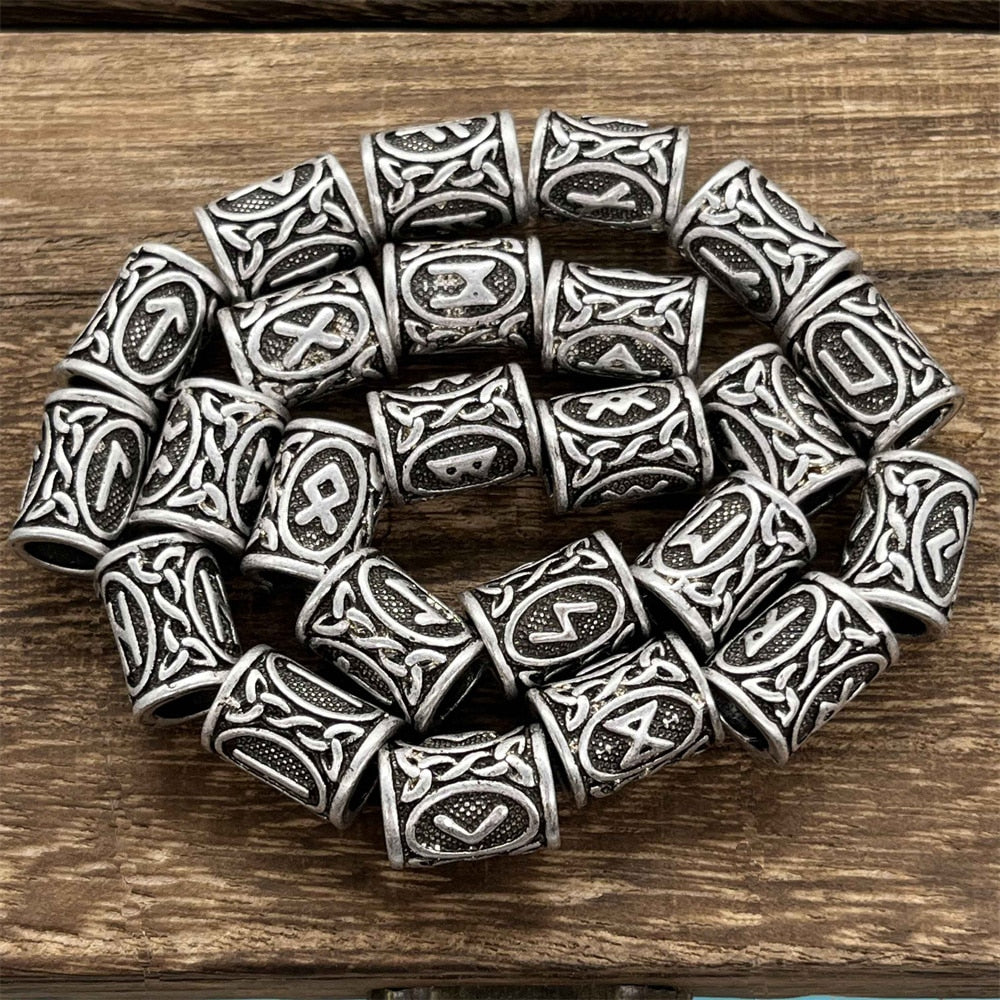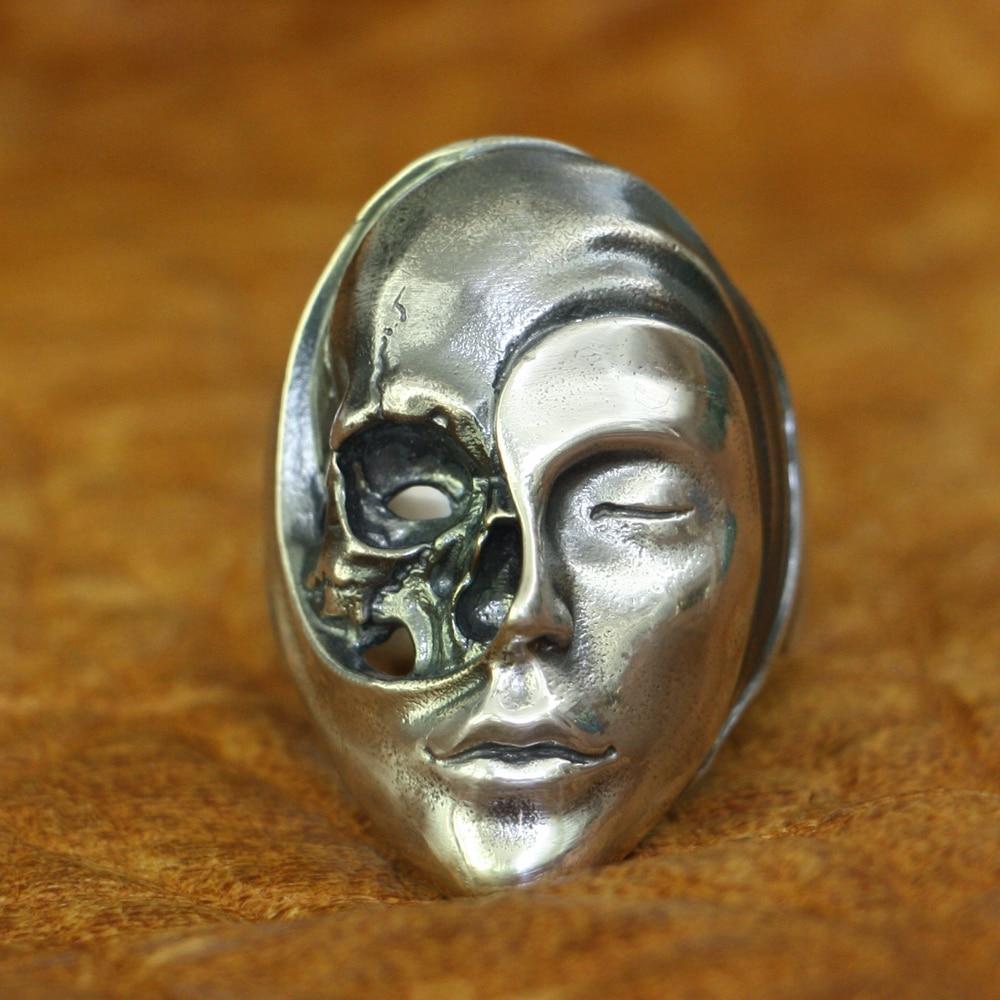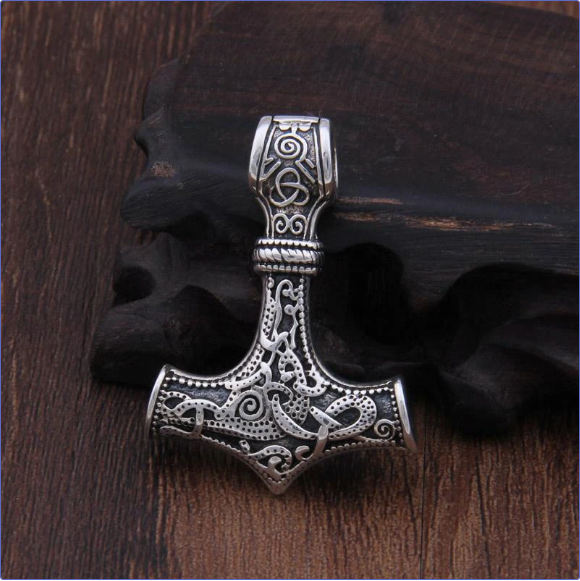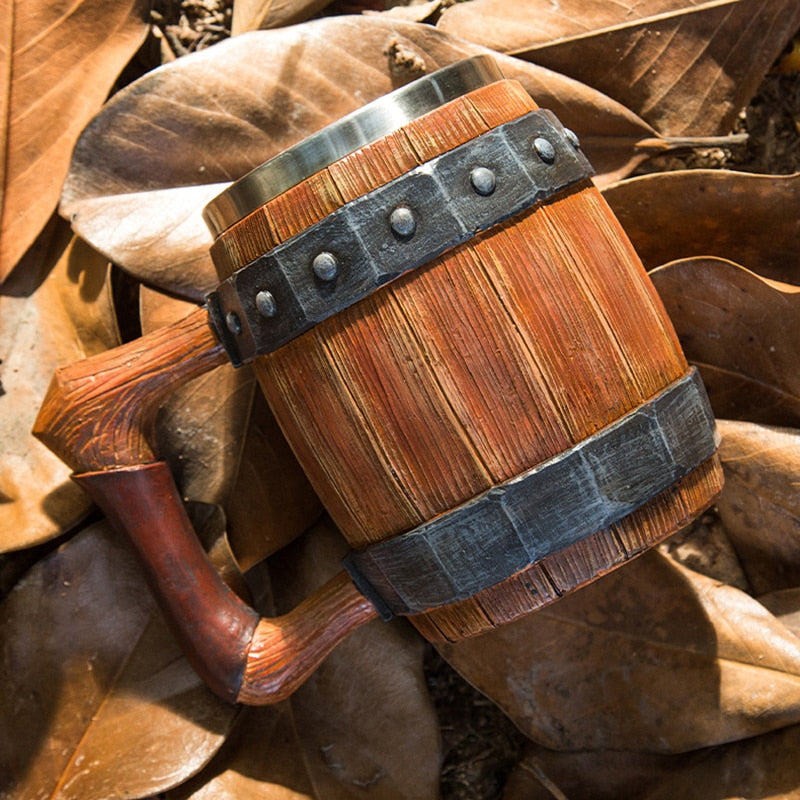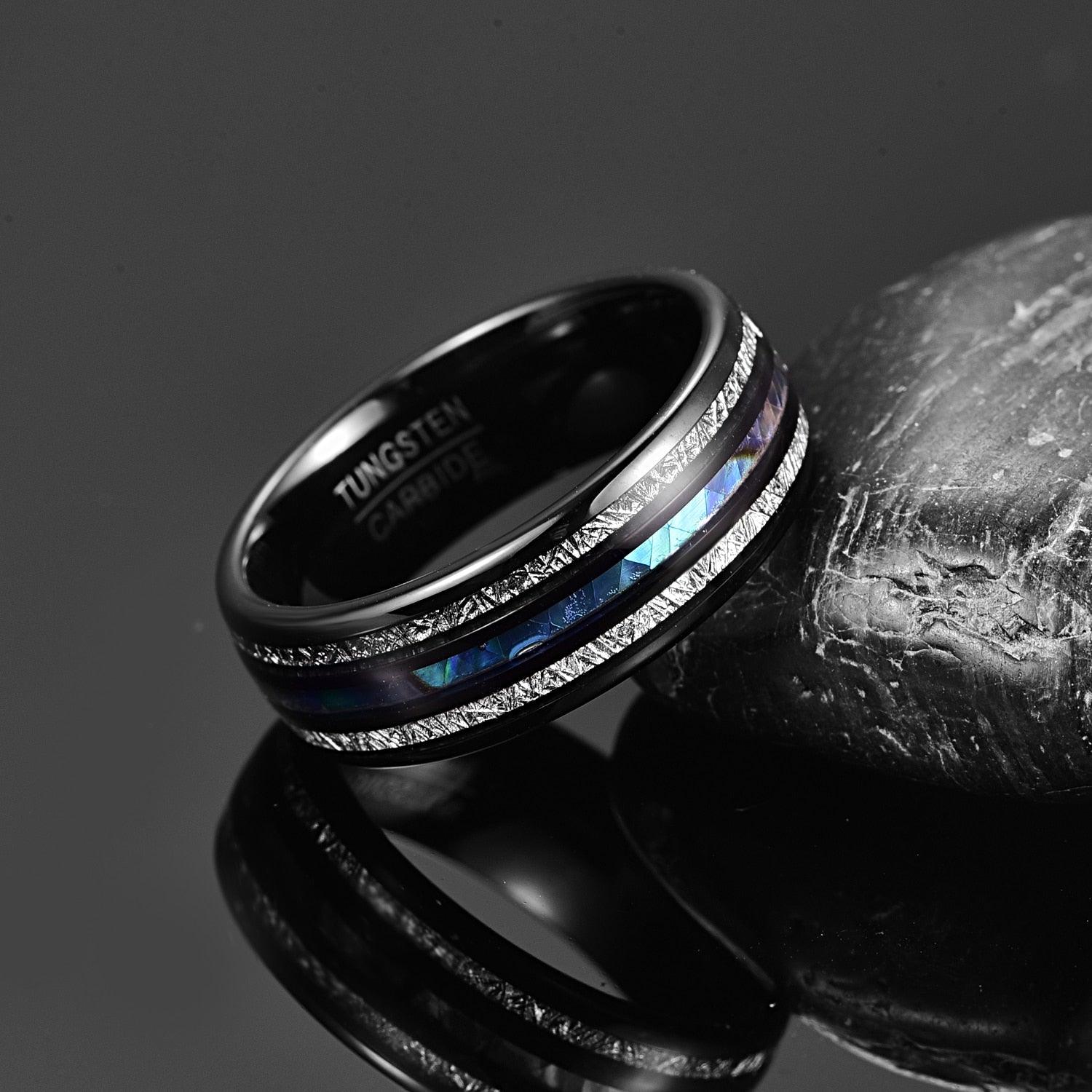This is the tale of the Vafþrúðnismál, the third poem in the Poetic Edda.
Allfather Odin grew restless. His never-ending thirst for knowledge and wisdom went unfulfilled for a long time, and his heart ached for a new quest.
Odin turned to who he trusted most, his wife Frigg and asked her for counsel. He just recently have found out about the wise jotun Vafþrúðnir, who might posses hidden wisdom that the Allfather immediately coveted.
Vafþrúðnir’s can be translated to mighty weaver, or entangler, which can also be understood as mighty riddler. Vafþrúðnir was especially wise and powerful, with an ample knowledge of the past, present and future, which is precisely why Odin wishes to visit him.
Frigg was concerned, for she knew of Vafþrúðnir. She immediately counseled her husband Odin not to pursue this quest, Vafþrúðnir was the mightiest Jotun she knew of, and her husband Odin would face a terrible danger.
However, the prospect of danger only made the quest more appealing to the Allfather, and he quickly departed to Vafþrúðnir’s hall, following the directions Frigg reluctantly gave him.
The Allfather’s quest was to be a test of cunning, and he soon concocted a devious plan to ensure his victory.
Assuming the name of Gagnráðr (victory) Odin arrives at the giant's hall and beseeches the traditional hospitality which should be afforded to wayfarers. The knowledgeable jotun was honorable, and granted the traveler his hospitality, inviting him to enter and sit by his table.

Inside the Jotun’s hall, the Allfather proposed a game of wits, a test of knowledge. The rules were simple: one would ask the other a series of questions about beings and events in the past, present, and future of the Nine Worlds. The one proposing the question should know its true answer, as this would be the only way of gauging the other’s knowledge. As for the stakes, nothing fancy: the loser gets beheaded.
Vafþrúðnir possessed an almost supernatural knowledge of all things, and was less than impressed with the poor being facing him, who apparently wanted to get beheaded. The jotun had no idea that his humble opponent was actually Odin under a disguise.
The contest began with Odin deferring to Vafþrúðnir, who probes his guest's knowledge of the stallions that pull Day and Night across the sky. Odin correctly answers that Skinfaxi pulls Day across the world and Hrimfaxi draws the Night. Odin also offers extra details about the stallions' appearance and characteristics. Vafþrúðnir continues by testing Odin's knowledge of the river Iving, which separates Jotunheim and Asgard, and follow by probing his guest’s knowledge of Ragnarök. All of the jotun’s questions were answered correctly, and he finally relents to be questioned in turn.

Odin, still disguised as Gagnráðr, inquires his opponent about the origin of the earth and heavens. Vafþrúðnir responds correctly that the heavens and earth were formed from the flesh of Ymir. He demonstrates expertise on the topic by specifically listing which parts of Ymir's body created heaven and earth. Odin then asks about the origin of the moon and sun. The giant correctly answers that the moon is Máni and sun is Sól, respectively the son and daughter of the jotun Mundilfari. They were assigned their place in the sky so that men could tell the passing of time.
Odin then proceeds to ask about many topics, including Aesir and Vanir Gods, and the jotuns Bergelmir, Ymir and Hraesvelg. He asks about the Einherjar the chosen warriors of Odin, about the realm of Niflheim, about the chariot Álfröðull, commanded by the Goddess Sól, which takes the sun and is relentlessly pursued by the giant wolf Skoll, son of Fenrir, while Hati, Fenrir’s other son pursues Máni - the moon.
Odin is relentless and inquires about Ragnarök and the Great Wolf Fenrir, as well of what will happen after the world has ended.
The knowledge of the Allfather and of the terrible jotun matched evenly in all questions. It was time for the end move.
The disguised Odin then breaks the established pattern of questioning and states that Vafþrúðnir, in all his wisdom, should be able to tell his guest what Odin whispered into the ear of his son, Baldr, before he was burned on the funeral pyre and was sent to the domains of Hel.

Realization finally dawned on Vafþrúðnir that his opponent was not a simple man. As per the rules of their contest, one could not ask a question of the other without knowing the answer, and the Jotun knew that only Baldr – who was dead – and Odin knew the answer to his guest’s question.
The giant gazes to his opponent, stating that no one except his guest, Odin, would have such knowledge unless Baldr himself reveals the secret. Vafþrúðnir gave his word and he was honorable to the end, willingly submitting to his fate, proclaiming that Odin will always be wiser than the wisest.
Sources:
Simek, Rudolf. 2007 [1993]. Translated by Angela Hall. Dictionary of Northern Mythology. D.S. Brewer. ISBN 0-85991-513-1
Orchard, Andy. 1997. Dictionary of Norse Myth and Legend. Cassell. ISBN 0-304-34520-2
Jesse Byock (2005) Snorri Sturluson, The Prose Edda. 1st. edition. London, England: Penguin Books Ltd. ISBN-13 978-0-140-44755-2
Faulkes, Anthony. Trans. 1982. Edda. Oxford University Press. ISBN-13: 9781389651922
